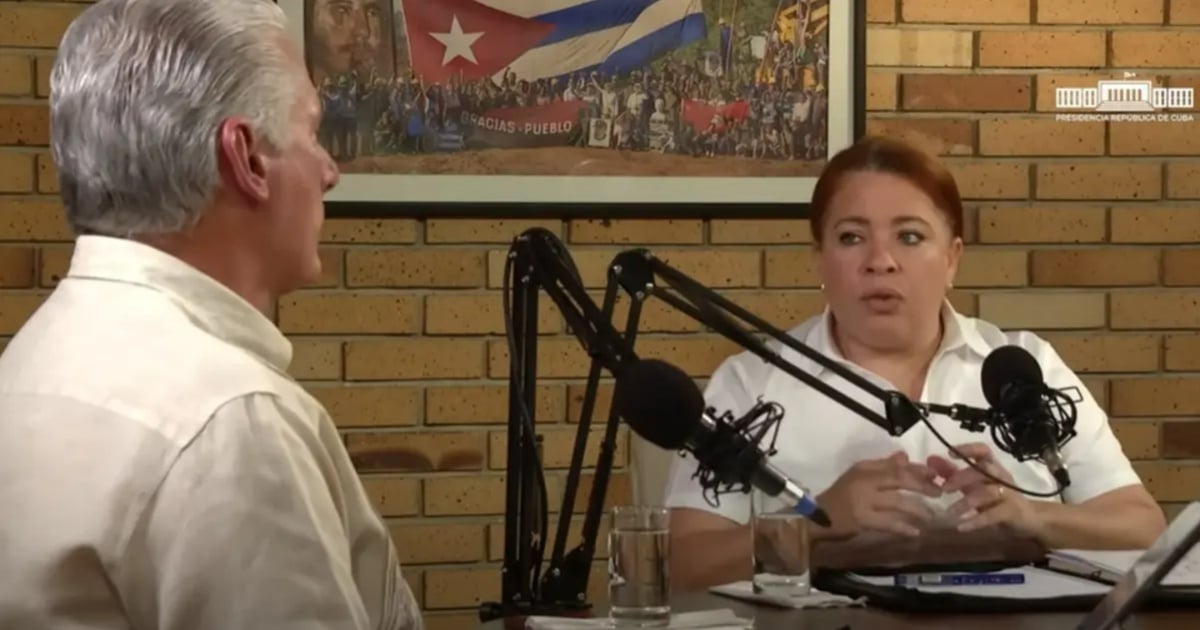The state-run telecommunications monopoly, ETECSA, recently took to its X account in an attempt to polish the tarnished reputation of its president, Tania Velázquez Rodríguez. They described her as both courageous and determined. "Our president, Tania Velázquez Rodríguez, faces the complexity of our current situation with the courage and determination she is known for, recognizing its impact on a community of which she and her employees are a part and remain committed to," read the post on ETECSA's X account. Accompanying this message was a clip from Velázquez Rodríguez's participation in a podcast hosted by Miguel Díaz-Canel, where she acknowledged the challenges she has faced recently.
During her podcast appearance, Velázquez Rodríguez publicly apologized for the poor institutional communication but did not back down from the recently implemented measures. She defended the new commercial policies, warning of a potential technical collapse of the telecommunications system and justifying the focus on foreign currency offers due to a "market outside Cuba."
The official discourse, attended by Díaz-Canel and the Deputy Minister of Communications, Ernesto Rodríguez Hernández, included Velázquez acknowledging ETECSA's failure to properly communicate its intentions and admitted that public dissatisfaction is understandable given the abrupt changes and lack of transparency.
On Saturday, the Cuban Repressors project added Velázquez Rodríguez to its list, citing her direct involvement in establishing prohibitive internet access rates in Cuba. This move is viewed by various organizations and analysts as a method of digital rationing and economic repression.
The case against Tania Velázquez involves accusations of violating freedom of opinion, expression, and information (Article 19 of the Universal Declaration of Human Rights), making the internet unaffordable through high pricing, and infringing on the right to access information and communication technologies. These charges label her as a "white-collar oppressor," a term used to describe civil officials who enact systematic repression through administrative decisions.
Understanding ETECSA's Recent Controversial Decisions
What challenges is ETECSA currently facing?
ETECSA is grappling with technical issues that could lead to a telecommunications system collapse, alongside public dissatisfaction due to recent policy changes and communication failures.
Why has Tania Velázquez Rodríguez been criticized?
Tania Velázquez Rodríguez has faced criticism for her role in implementing high internet rates, seen as a form of digital and economic repression, and for poor communication regarding these changes.
How has ETECSA justified its new commercial policies?
ETECSA has justified its new focus on foreign currency offers by citing the existence of a market outside Cuba, which they argue necessitates these changes to maintain service stability.
